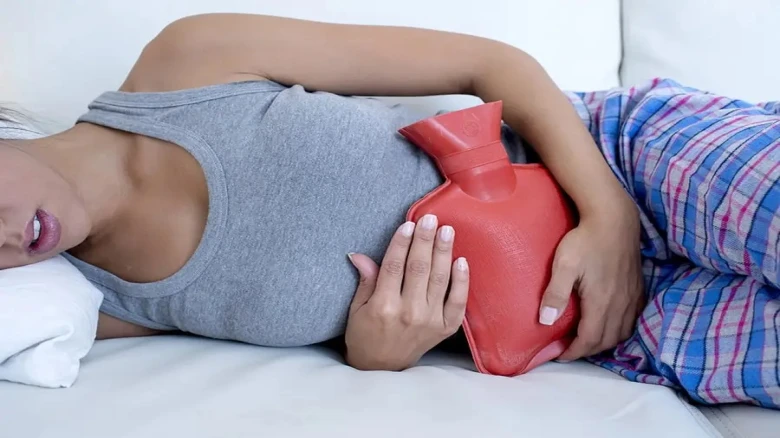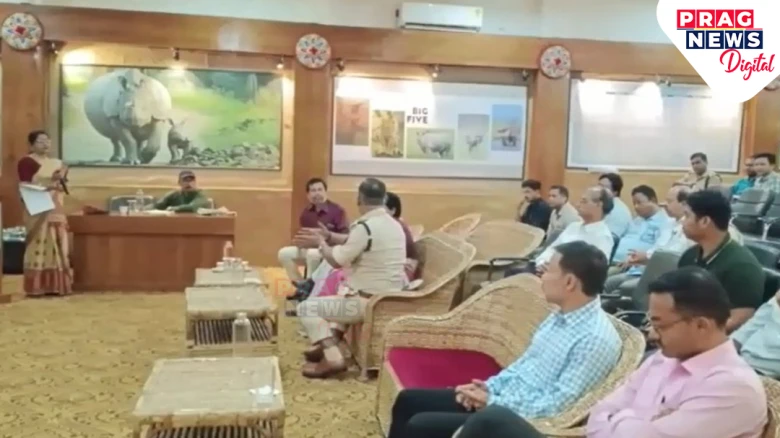The court questioned the petitioner on how mandating menstrual leave would encourage greater female participation in the workforce, noting that it might instead result in women being excluded from employment opportunities. "We do not want that," the bench remarked.
Digital Desk: The Supreme Court on Monday directed the Centre to develop a model policy on menstrual leave for women employees through consultations with states and stakeholders. Chief Justice D Y Chandrachud and Justices J B Pardiwala and Manoj Misra, comprising the bench, emphasized that the issue pertained to policy formulation and was not within the judiciary's purview. They expressed concerns that judicially mandating such leave could potentially backfire, leading to employers avoiding hiring women.
The court questioned the petitioner on how mandating menstrual leave would encourage greater female participation in the workforce, noting that it might instead result in women being excluded from employment opportunities. "We do not want that," the bench remarked.
"This is a matter of government policy and not for the courts to adjudicate upon," the bench asserted.
The bench allowed lawyer Rakesh Khanna, representing the petitioner, and lawyer Shailendra Tripathi to approach the Secretary of the Ministry of Women and Child Development and Additional Solicitor General Aishwarya Bhati. They were directed to engage in discussions to potentially frame a model policy on the issue.
"The consultation process initiated by the Centre should not hinder any steps taken by states in this regard," the court clarified.
Previously, the Supreme Court had dismissed a plea seeking menstrual pain leave for women students and working women nationwide, citing its policy nature and advising that representations could be made to the Centre. The petitioner's lawyer indicated that the Centre had yet to make a decision on the matter.








Leave A Comment